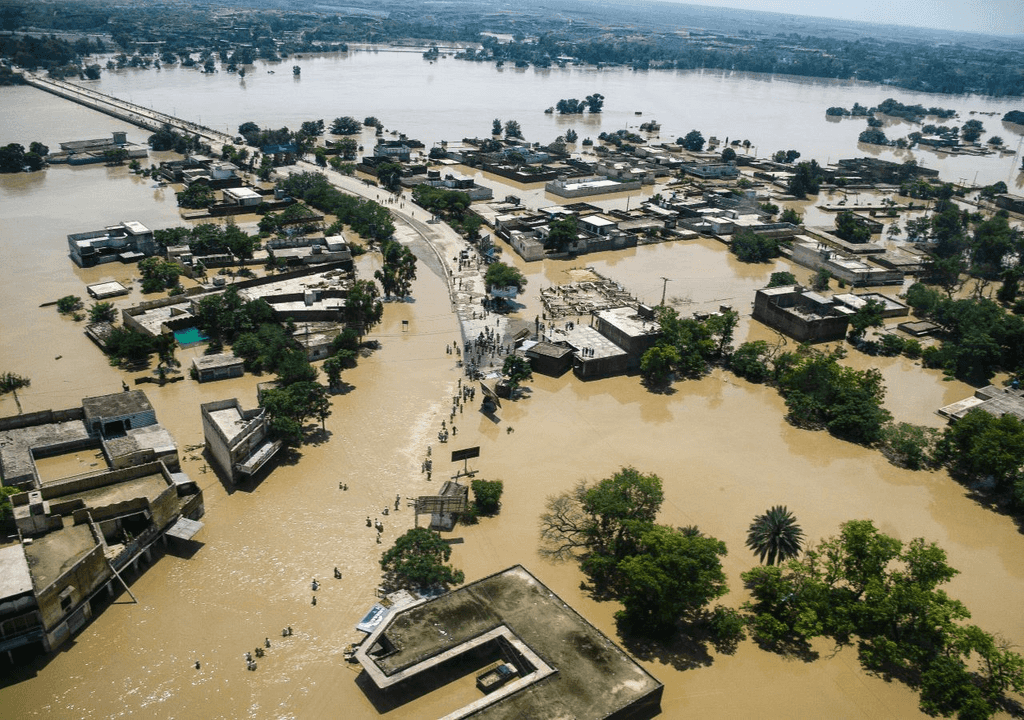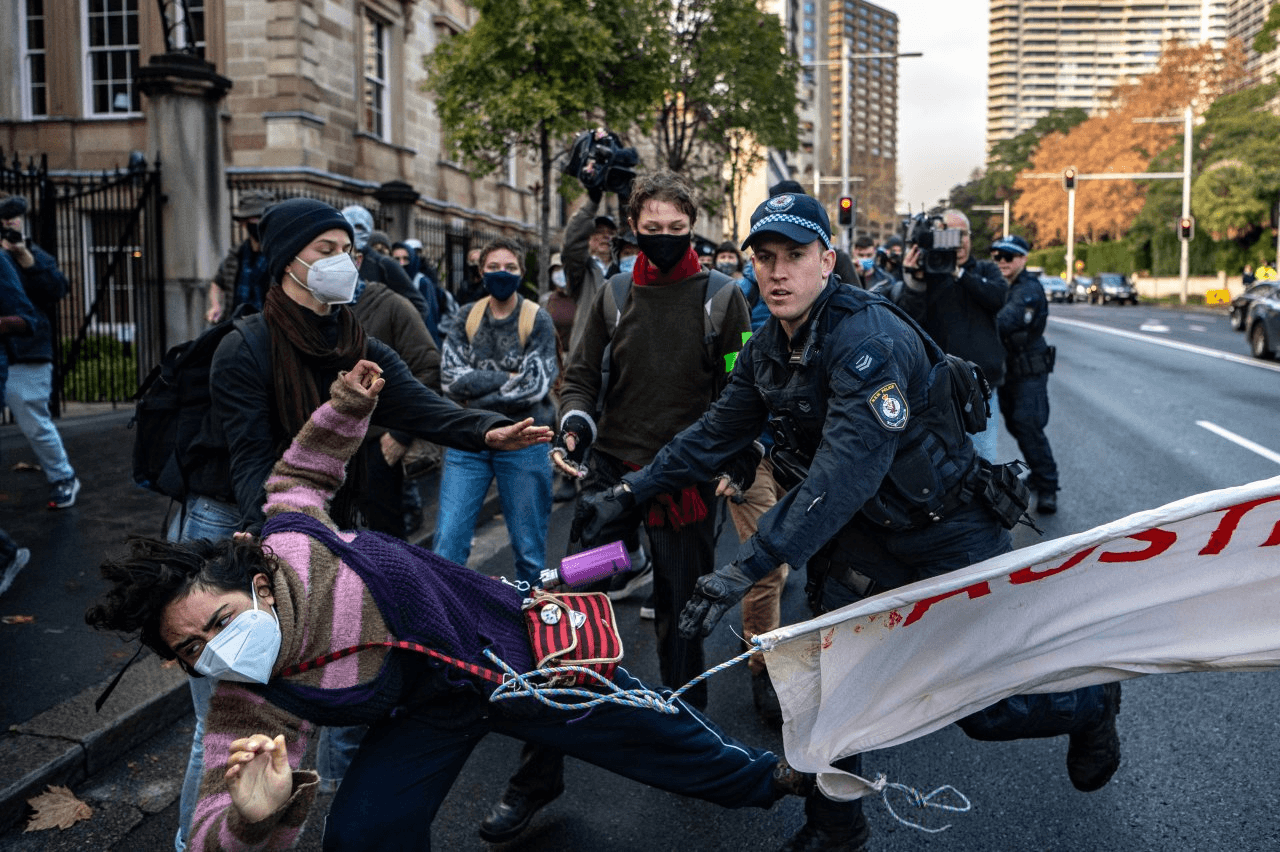On August 25, the Liberal Jeremy Rockliff government in Tasmania declared the passing of the Police Offences Amendment (Workplace Protection) Bill 2022 through the Legislative Council, claiming that it is designed to guarantee workers the right to get to “work safely, without threat from extremists who invade workplaces and endanger employees.” While claiming to respect “the right to protest and every Tasmanian’s right to free speech”, the bill promises only to protect logging, mining and fish-farming corporations against protesters.
Tim Jacobson, the secretary of the Health and Community Services Union Tasmania, captured the essence of the bill, stating that “While the bill has been built on the premise of protecting workers, it will do nothing of the sort. If the government wanted to improve the safety of workplaces, they could have come and asked us how to do so. We can propose a raft of measures – none of which include cracking down on democratic rights. The trade union movement is built on protest and we stand in solidarity with activists and community groups who oppose the Rockliff government’s draconian crackdown on fundamental rights.”
This assault on Tasmanian’s right to protest follows hot on the heels of similar legislation in NSW and Victoria. In April, the ALP and LNP passed the Roads and Crimes Legislation Amendment Bill 2022 through the NSW parliament, prohibiting protesters access to forty railway stations and thousands of roads, threatening them with as much as two years in prison and $22,000 in fines if they were found at these locations. This legislation was clearly directed at Blockade Australia, an environmentalist network committed to climate action which nevertheless defied the bill to march in the Sydney CBD in June.
Dozens of Blockaders were detained and arrested throughout the month as part of the Strike Force Guard campaign of violence against unauthorised protest, which included a raid on a protest camp at Colo that saw seven arrested. This was accompanied by a venomous media campaign aimed at protesters, with outlets directing a dizzying level of vitriol against Mali Cooper in particular, the activist who blocked the entrance to the Sydney Harbour Bridge tunnel during peak hour. Anyone who believes in the myth of the Fourth Estate, that is, the independent and impartial press, should study this case carefully.
In Victoria in early August, the Coalition and ALP again closed ranks to pass the Sustainable Forests Timber Amendment (Timber Harvesting Safety Zones) Bill 2022, which imposes fines of $21,000 and 12 months imprisonment on protesters found guilty of disrupting logging operations. The bill has been heavily criticised by the United Workers Union, Maritime Union of Australia and Australian Services Union, with Shane Stevens, the secretary of the MUA’s Victorian branch, noting that “In the union movement, we have seen (the right to protest) chipped away for years … In the context of a climate crisis we need to defend that right for the benefit of everyone, including workers.”
Of course, it wouldn’t be Queensland if it hadn’t already beaten other states to some set of oppressive measures reminiscent of the Joh Bjelke-Petersen era. In 2019, the QLD Labor government introduced the Summary Offences and Other Legislation Amendment Act 2019. This legislation made the use of a “dangerous attachment device” - that is, anything that can be used to lock-on to various things such as construction equipment, gates or cars as a form of protest - punishable by up to two years in prison. The introduction of this bill coincided with major crackdowns on Extinction Rebellion protesters in Brisbane, such as the charging of 56 people following traffic disruptions on August 6. Not satisfied by the harshness of this legislation, which drew condemnations from even the United Nations, the LNP unsuccessfully proposed additional amendments that would have made gatherings of two or three people illegal.
While Labor Premier Anastasia Palaszczuk claimed to be acting in the interests of emergency workers, who she ridiculously claimed may be injured attempting to remove lock-on devices, there is no question that these laws were aimed at safeguarding the interests of coal and gas companies operating in Queensland, the sort of companies responsible for the deepening climate crisis.
Australia is about to experience a devastating La Niña for the third year in a row, with capitalist ‘business as usual’ disrupting our planet’s ability to naturally regulate its temperature. Abroad, one-third of Pakistan has been submerged by flooding since June that has killed over 1,300 and displaced 33 million.

These ‘natural’ disasters are only going to get worse, and as they do the ability of corporations to mask their complicity will become increasingly difficult. They are therefore extremely fortunate to have friends such as the Australian Labor Party and the Liberal National Party, who have sworn to arrest, fine and bloody those who point out the culprits.
